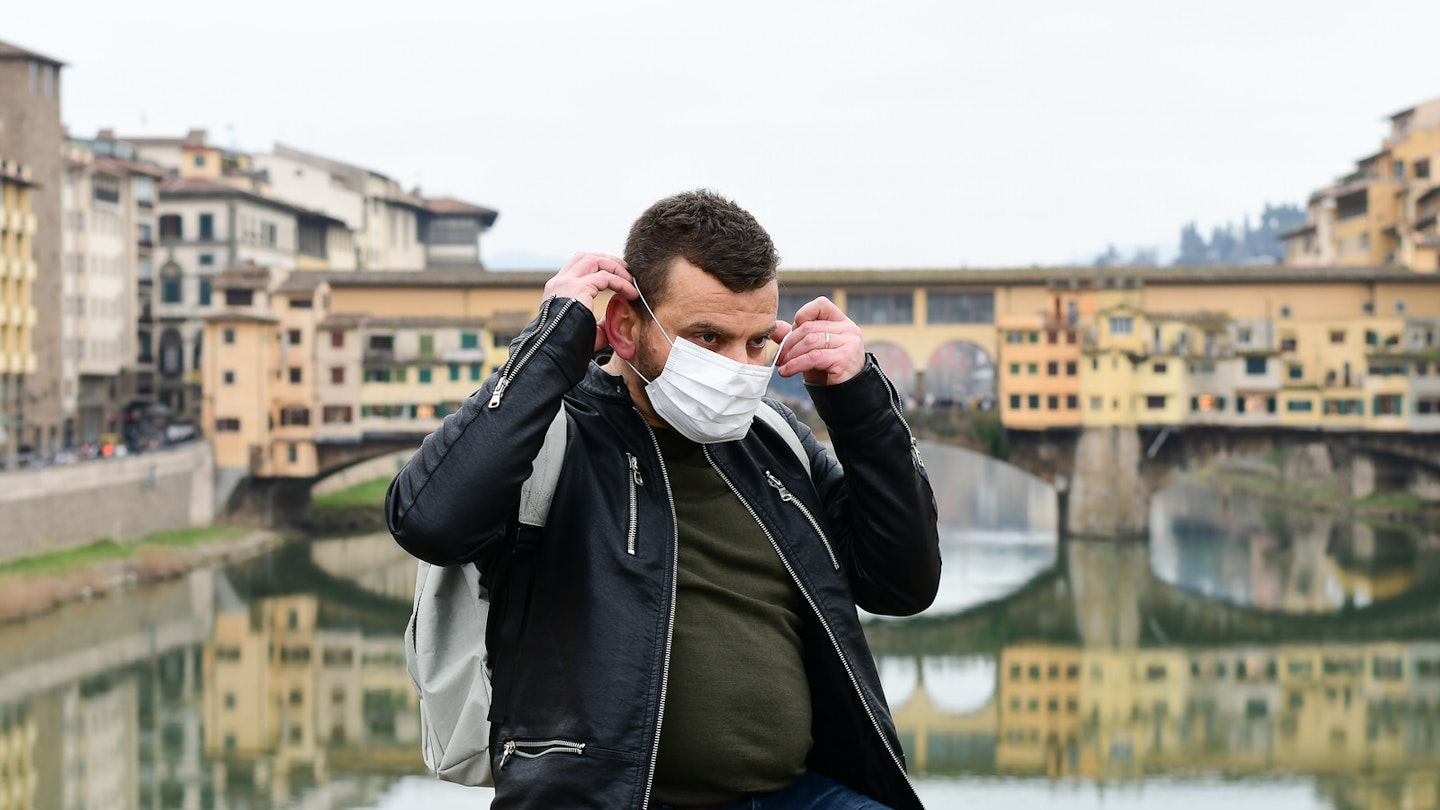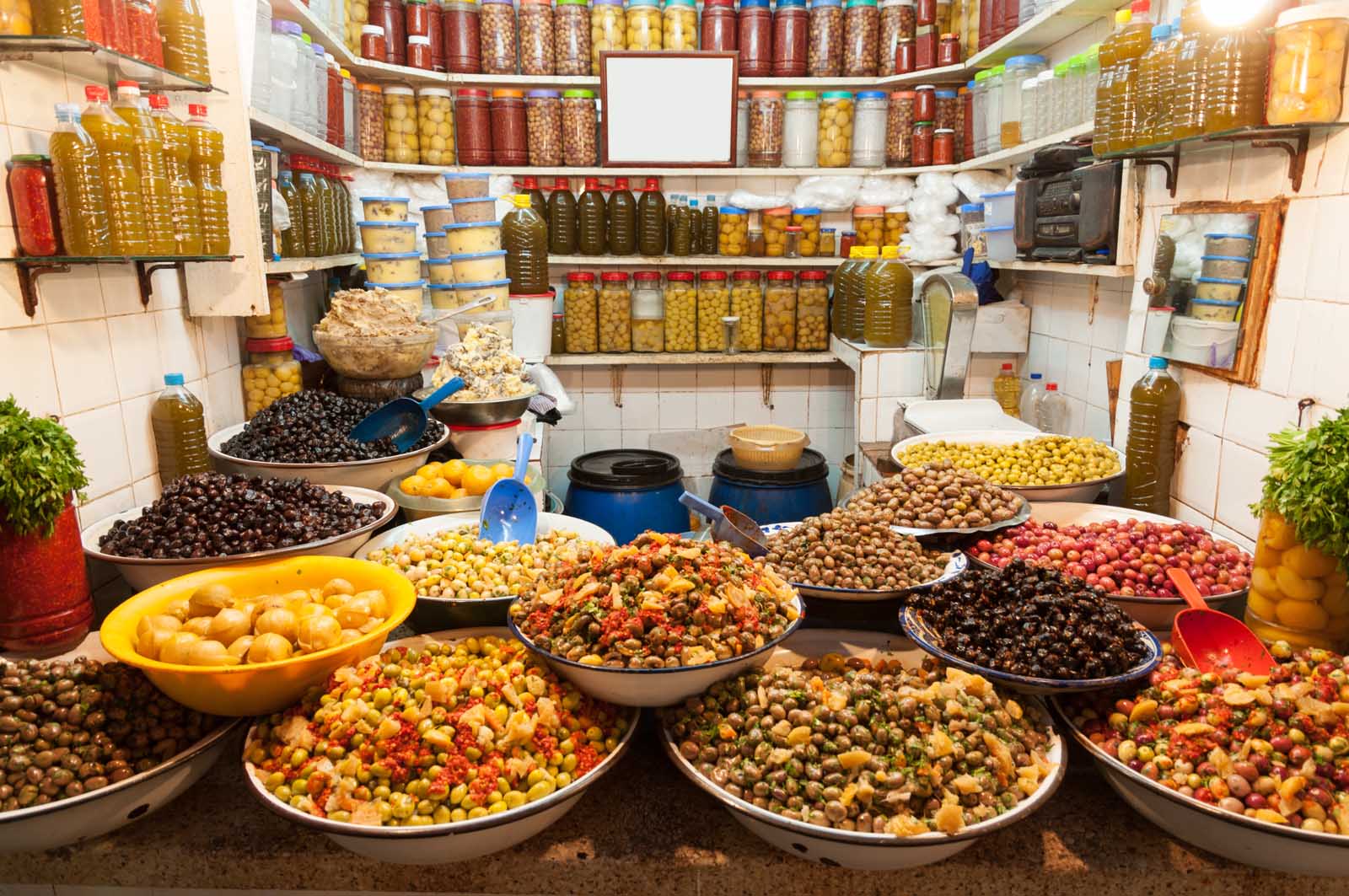iBestTravel
- Travel Stories
- Italy
Share
Mar 13, 2020 • 8 min read

Benedetta Geddo, Piedmont
It’s been officially six days since I last left my house. I went to the gym and had our usual family dinner on Friday, completely unaware that it would be the last ‘normal’ day for a while. By Sunday, my region was declared a red zone, and on Monday, the restriction extended to the rest of Italy. Today is Thursday, and yesterday evening our Prime Minister announced even stricter measures—only grocery shops and pharmacies may remain open. This scenario feels like the beginning of a disaster movie, a mix of disbelief and acceptance—I struggle to describe it in any other way.

The current situation aligns with what you may read in newspapers—going out is essentially prohibited except for essential reasons, such as grocery shopping, health concerns, or work. Sometimes, the thought that even if I wanted to go out, I couldn’t, drives me to distraction, even as I typically enjoy being at home. My primary concern, however, is my grandparents, who live in another city; we cannot visit them since movement is restricted. I try to avoid contemplating that they are high-risk individuals, both over 80 years old, although fear sometimes grips me. Concurrently, I have to take frequent breaks from considering the social, economic, and political future of our country.
Yet, I consider myself fortunate; I have managed to establish a semblance of routine. My work continues as usual, as I am able to perform it remotely. Following lunch, I take walks in the garden to bask in the sun and inhale some fresh air. I conduct my gym sessions at home, utilizing packs of pasta as weights. Moreover, my friends and I maintain communication via FaceTime to make up for not meeting at cafes. In fact, we are planning a group yoga session through FaceTime this weekend—an initiative that could either be incredibly uplifting or a complete debacle.
This routine is surprisingly comforting, but it also feels peculiar. Our house has transformed into the boundary of our reality; when we step outside, it seems we enter a no man’s land that carries an aura of danger, resembling one of those bizarre dreams where everything appears both familiar and foreign.

Alexandra Bruzzese, Rome
The reaction to the coronavirus in Rome has unfolded rapidly over a few short days. Although the virus started infiltrating our borders with cases reported in the North towards the end of February, it initially felt like an abstract issue. Friends brushed aside concerns about the potential closure of bars; hashtags like #RomaNonSiFerma, or #RomeWontStop, gained traction in the hospitality sector. Until this past weekend, restaurants operated with normalcy. In hindsight, I regret that this past Saturday, I enjoyed brunch with friends, attended an exhibit, and ended the day with drinks.
Since Sunday, restrictions have intensified remarkably. All businesses, except pharmacies and supermarkets, are closed. Only one member per family is allowed to go out for shopping while carrying an auto-certificazione, a certificate detailing your reason for being outdoors to present to authorities if stopped. The streets are sparsely populated, and the majority wear surgical masks.
While I advocate for health measures to curb the virus’s spread, I worry about the impact on Italy’s already fragile economy; the blow from the tourism sector’s decline is significant.
Amidst everything, I am managing well. I work from home and have food, WiFi, Netflix, and an endless supply of books. Life could be much worse, and I willingly do my part. My recommendation for others is simply to remain at home. Travel is beautiful and life-altering, but we cannot jeopardize the vulnerable for cheap flights to nearby destinations.
I hope that if we all adhere to the guidelines swiftly, normalcy will return faster. In the interim, many Italian businesses rely on online sales for survival; consider supporting them by purchasing a Made-In-Italy product. For instance, bakery Oliveri1882 in Vicenza offers their traditional Easter cakes, known as colombe, online; the historic tea room Babingtons sells their teas too, along with many other establishments.

John Fullman, Tuscany
I reside in the quaint hamlet of Aboca, overlooking the town of Sansepolcro in eastern Tuscany for the majority of the year. Up until yesterday, the last time I went shopping, the atmosphere remained calm. A surge of panic buying had occurred earlier that week, yet supermarkets managed the rush by promptly restocking. However, by Monday, people stripped the shelves of any fresh food they could find.
All shops now display notices requiring customers to maintain la distanza di sicurezza, a one-metre distance from each other and staff members. Some shop employees wear disposable gloves, and a few sport face masks; however, very few customers have masks on. Hand sanitizers are available at entrances.
Fortunately, there is no significant sense of alarm. With schools and colleges closed, many parents are out with their children, who seem to perceive this time off as an extended vacation.
In my locality, there isn’t a formal ‘lockdown,’ aside from directives against traveling between towns or provinces. Currently, if I wish to travel between towns, I must download a form from the internet, detailing the purpose of the journey. Supposedly, checkpoints are established between towns, although I have yet to see any.
Yesterday, I drove the 7 km to town and found the road devoid of traffic, which isn’t unusual. There was no police presence during my journey or in town. Traffic appeared normal. All bars operated until six o’clock; certainly not typical but greeted with little displeasure. The most noticeable change is the presence of security personnel at supermarket entrances to oversee the number of individuals inside the store.
The people I know are largely self-isolated, refraining from work and doing what they can remotely. While there’s no palpable panic, many comment on the strangeness of the current reality, especially as one individual in Sansepolcro, a 56-year-old man, has contracted the virus. I have yet to come across anyone who knows him. I empathize with the workers at food stores and pharmacies, the only businesses permitted to remain operable, who may feel at risk while the rest of us stay safely at home with sufficient supplies.
This environment is unprecedented for most, including myself. I recognize there is minimal risk, yet I do not experience outright fear. Despite the initial panic buying, life continues to seem normal. Luckily, I don’t live in the town; my nearest neighbor is over a mile away. It’s often humorously suggested that Italy possesses more laws than any other European nation, yet its citizens obey very few. Nevertheless, people in Sansepolcro appear to be adhering to government guidelines while trying to carry on with life as best they can.
Lastly, I wish to mention that I’m here alone. Back in February, I acquired a puppy. The visa process takes considerable time as it requires vaccinations against rabies. My birthday is fast approaching, and I hoped my family could join me here. Flights were booked, but as the alerts escalated, it became evident that traveling was not only ill-advised but could endanger others. Additionally, my sons were concerned about my wife, aged 84, placing her within the high-risk demographic for this illness. Thus, I will spend my birthday solo, at least a mile from the nearest individual. On a brighter note, I’m certain my puppy, Billy, will provide ample companionship.




